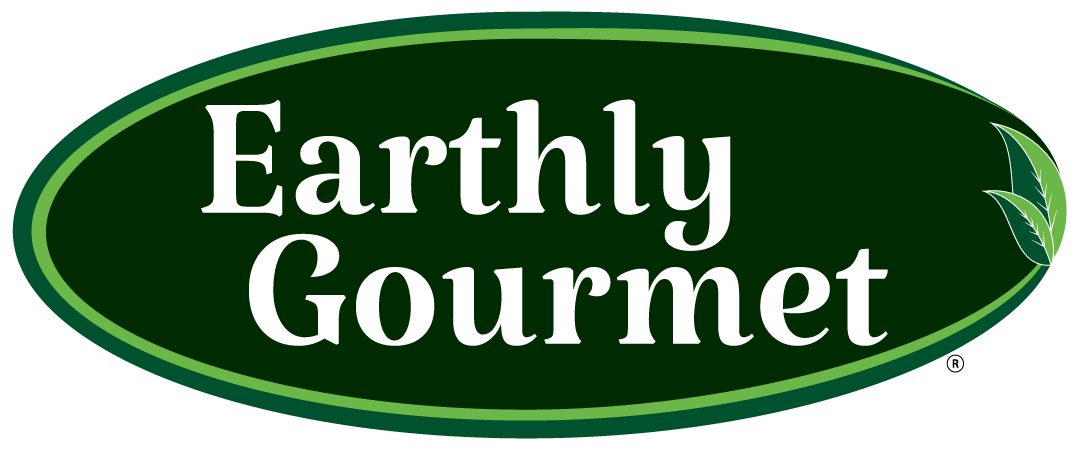Food Alliance vs Sustainable vs Organic Food Practices
When it comes to choosing between food alliance and organic food products, there are several factors to consider. Both options have their benefits and drawbacks, and it ultimately depends on your personal preferences and priorities. We'll explore the differences between food alliance, organic food products, and other sustainable practices to help you make an informed decision.
What is Food Alliance Certification?
Food Alliance is a non-profit organization that provides certification for sustainable and socially responsible agriculture and food processing practices. The Food Alliance certification program evaluates the entire food supply chain, from farm to table, to ensure that the food is produced in a way that protects the environment, promotes fair labor practices, and supports local communities.
We carry Central Bean Co which is Food Alliance Certified. Sustainability practices listed here: http://www.centralbean.com/sustainability.html
What are Organic Food Products?
Organic food products are grown and processed without the use of synthetic fertilizers, pesticides, or genetically modified organisms (GMOs). Organic certification is regulated by the USDA and requires farmers to follow strict guidelines to maintain soil health, protect water resources, and promote biodiversity. Organic certification is highly recognize but a costly and rigorous certification to achieve, which is why producers will typically opt for transparency on their Sustainability practices with their customers instead.
Food Alliance vs. Organic Food Products
While both food alliance and organic food products prioritize sustainability and environmental stewardship, there are some key differences between the two. Here are some of the main factors to consider:
1. Production Methods: Organic farming methods prohibit the use of synthetic pesticides and fertilizers, while food alliance certification allows for some pesticide use as long as it meets certain criteria and only as a last resort to prevention techniques. Additionally, food alliance certification focuses on the entire food supply chain, including processing and distribution, while organic certification primarily focuses on the growing and harvesting of crops.
2. Social Responsibility: Food Alliance certification places a strong emphasis on fair labor practices and worker safety, while organic certification does not have specific requirements in this area.
3. Cost: Organic food products are often more expensive than conventional food products, while food alliance certified products may be priced similarly to conventional products.
Ultimately, the choice between food alliance and organic food products comes down to your personal values and priorities. If you prioritize fair labor practices and social responsibility, food alliance certification may be the better choice for you. If you are primarily concerned with avoiding synthetic pesticides and fertilizers, organic certification may be the way to go. Either way, choosing sustainable and environmentally friendly food products is a step in the right direction towards a healthier planet and a healthier you.
Other Sustainable Food Practices
In addition to Food Alliance and Organic, there are several other certifications and practices that prioritize sustainability and environmental stewardship. Here are some of the main options to consider:
Regenerative Agriculture: Regenerative agriculture is a holistic approach to farming that aims to regenerate soil health, promote biodiversity, and sequester carbon. Regenerative practices include cover cropping, crop rotation, and reduced tillage.
Fair Trade: Fair trade certification ensures that farmers and workers are paid fairly for their labor, and that environmental and social standards are met. Fair trade products are often labeled as such on packaging.
Non-GMO: Non-GMO certification indicates that a product does not contain genetically modified organisms. This certification is particularly relevant for products made from crops that are commonly genetically modified, such as corn and soybeans.
Other Sustainable Products carried by Earthly Gourmet
Lundberg Rice - Sustainability practices listed here: https://www.lundberg.com/faq#farming-practices/
Columbia Fruit - Sustainability practices listed here: https://columbia-fruit.com/sustainability/
-
We hope you enjoyed this explanation on Food Alliance, Sustainable, and Organic farming practices!

